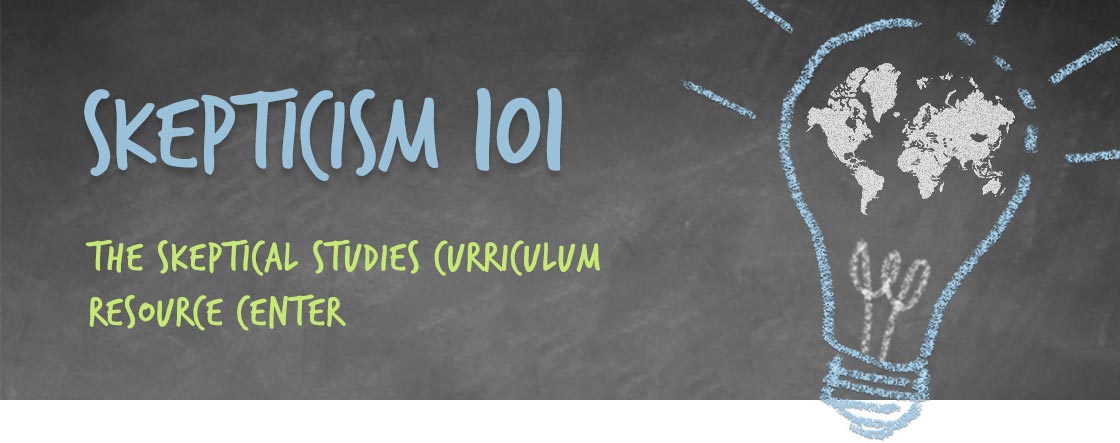These exercises are from a Summer Youth Program for High School Students titled, “Brain Glitches” and taught by Diane Graft. You can find PowerPoints for the summer course here.
Prisoner’s Dilemma
The Prisoner’s Dilemma is a classic example of “game theory”. A simple game with strategies that are anything but simple. This exercise helps students understand the ways in which human brains work.
DOWNLOAD THIS RESOURCE
(49 kb Powerpoint Presentation)
Ultimatum Game
Following the Prisoner’s Dilemma, students now play a game that explores the “Volunteer’s Dilemma”.
DOWNLOAD THIS RESOURCE
(47 kb Powerpoint Presentation)
This course was taught at Claremont Graduate University during the spring 2012 semester.
Excerpt from Syllabus
Evolution, Economics, and the Brain is a doctoral-level Transdisciplinary Course designed to address large issues in which students employ knowledge and research protocols from many different disciplines to shed new light on specific problems. One of the books assigned—Steven Pinker’s The Better Angels of Our Nature—integrates evolution, history, anthropology, sociology, psychology, economics, and political science to explain a single phenomenon: the decline of violence. It is a model work in transdisciplinary integration.
A transdisciplinary and integrative overview of evolutionary theory, evolutionary economics, and neuroscience (“Evolution, Economics, and the Brain”) that includes a brief history and science of evolutionary theory, along with the evolution-creationism controversy and how it evolved in the context of American history and culture. As well, the application of evolutionary theory will be considered in its integration into psychology, anthropology, ethics, and economics. The course also includes an introduction to behavioral neuroscience and will focus on teaching students how new findings in the brain sciences can inform their work in the social sciences and humanities. For example: How reward acquisition is affected by risk; Why humans are typically risk-averse and when they are not; Hyperbolic discounting of future rewards; How interpersonal trust is built and maintained; How “rational” vs. “irrational” decisions are made; The basis for cooperation and aggression; The reason people punish others; The role of hormones in decisions; The basis for social norms or ethics; The sense of justice; The basis for love and hate and how these effect decisions; War and peace; Human nature; The decline of violence; The humanitarian and rights movements; and more.
DOWNLOAD THIS RESOURCE
(338 kb PDF)









